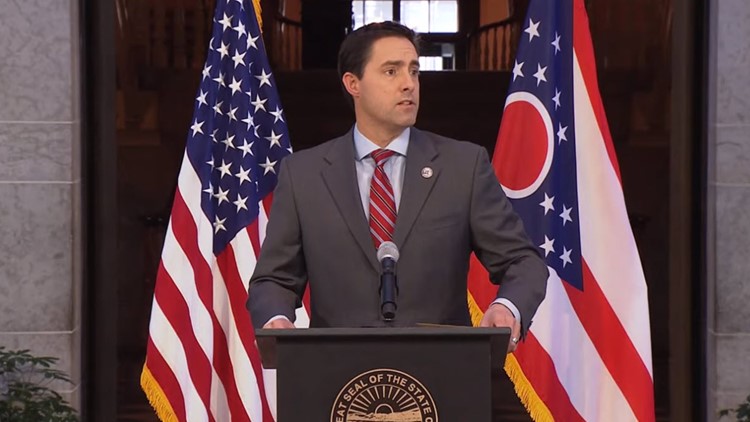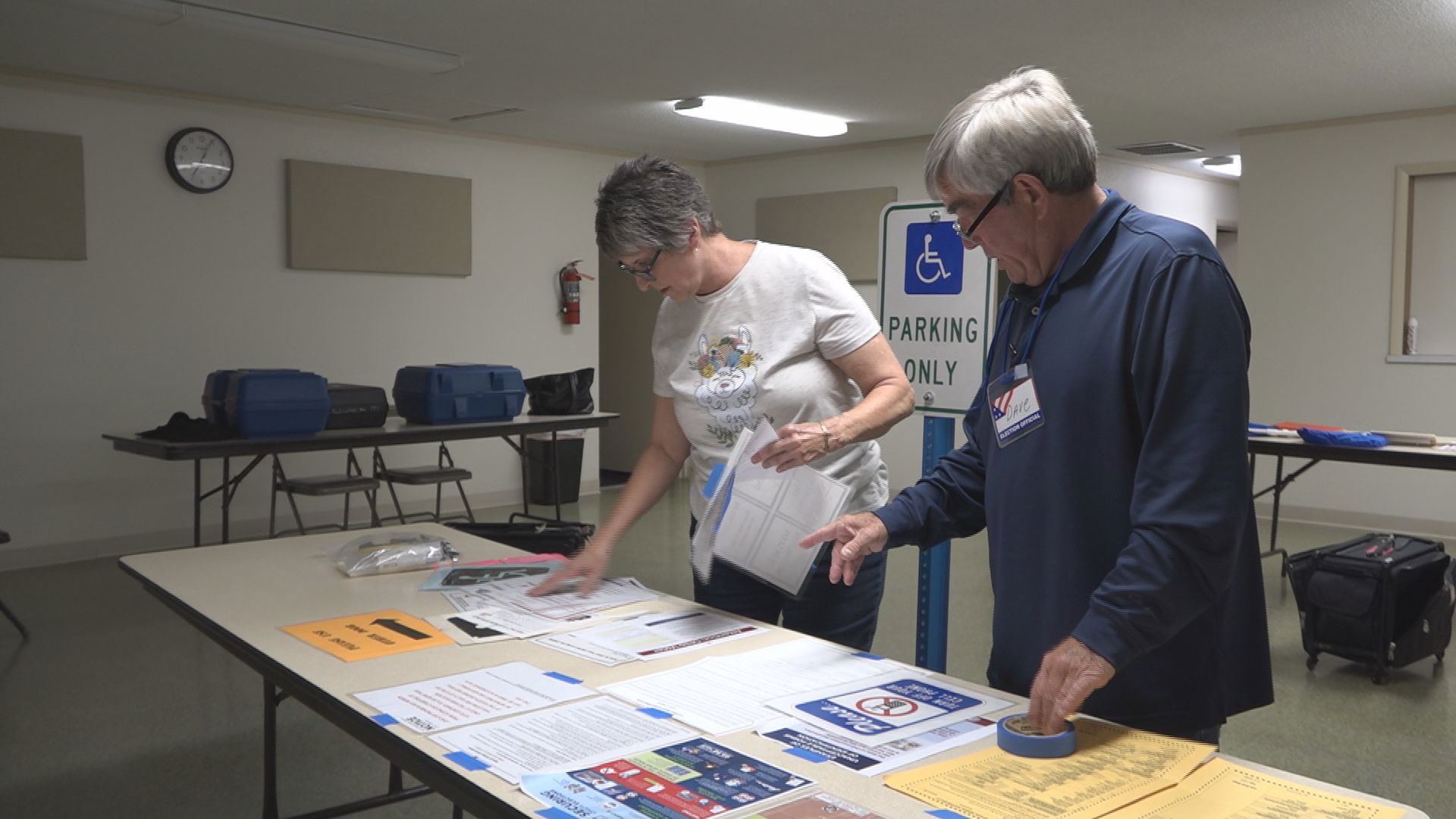COLUMBUS, Ohio — More than 100 non-citizens could face penalties for having cast ballots or being illegally registered to vote during the 2020 election cycle, but it may take years to fully investigate and prosecute them.
Secretary of State Frank LaRose recently announced plans to refer 104 cases of non-citizens being illegally registered to vote and 13 other cases of non-citizens casting ballots to the state attorney general for review.
As the Ohio Capital Journal reported, the cases are outliers in an otherwise secure election system largely free from voter fraud. The 13 ballots made up .00016% of those cast in the 2020 primary and general elections.
Despite their rarity — and the acknowledgement by officials many of these acts were honest mistakes — Ohio prosecutors sometimes spend years pursuing the cases in court. Most often the cases lead to probation sentences and small fines.
The penalties
It is a fifth-degree felony in Ohio for a non-citizen to register to vote, punishable by up to a year in prison and a fine up to $2,500.
It is a fourth-degree felony for a non-citizen to cast a ballot, punishable by up to 18 months in prison and a fine up to $5,000.
Voter registration forms are widely distributed at public offices like the Bureau of Motor Vehicles, leading non-citizens to fill them out by mistake. In some examples, the person correctly checks “no” when asked if they are a U.S. citizen — but they are later processed by a board of elections worker due to a clerical error.
At that point — being registered to vote and not realizing they are ineligible — the person shows up to vote on Election Day.
In total, there were more than 150 examples of someone wrongly registering to vote or casting ballots in the 2020 election cycle. LaRose’s office sent out letters to each of them explaining the issue and asking them to rescind their voter registration status.
Dozens did so and are off the hook.
Those that didn’t are the ones that now could face criminal penalties. The 117 cases referred by LaRose to the attorney general office reflect those who did not respond.
Earlier cases of voter fraud prosecutions
Not all of those 117 people will necessarily face prosecution.
The Franklin County Prosecutor’s Office, as an example, typically receives dozens of referrals per election cycle due to its large population size. In previous election cycles, the office did not charge those who allegedly voted or registered improperly if they correctly checked “no” on forms when asked about their U.S. citizenship.
A spokesperson did not answer a question as to whether the office plans to hold the same standard this go around.
Then-Prosecutor Ron O’Brien pursued at least a half-dozen cases of registering and voting from the 2012, 2015 and 2016 election cycles.
Five defendants pleaded guilty, with six being found guilty by a jury. They were all sentenced to between 1 and 2 years of probation, with fines ranging from $200 to $2,500.
A seventh case involving a Liberian immigrant who allegedly voted illegally in the 2012 General Election is still pending. It took until 2017 for the person’s case to be referred to the Franklin County Prosecutor’s Office. They were subpoenaed that year to provide a handwriting sample at the prosecutor’s office, and while there allegedly gave incriminating information by admitting to having made a mistake in voting.
They later filed a motion to suppress those statements and make them ineligible in court. The Franklin County trial court ruled in their favor, but a state appeal led to the decision being reversed and sent to the original court. (An attempt to appeal to the Ohio Supreme Court was unsuccessful.)
Franklin County has 32 referred cases from the 2020 election cycle.
The statewide total of 117 cases from 2020 are markedly fewer than the 354 non-citizens who registered or voted in 2018.
The previous secretary of state, Jon Husted, reported a total of 821 non-citizens registering to vote and 126 casting ballots between the period of 2013-2016.
Husted, as LaRose would later do, proposed changes to Ohio’s election system to prevent those who are ineligible to register and vote from being able to do so in the first place.



